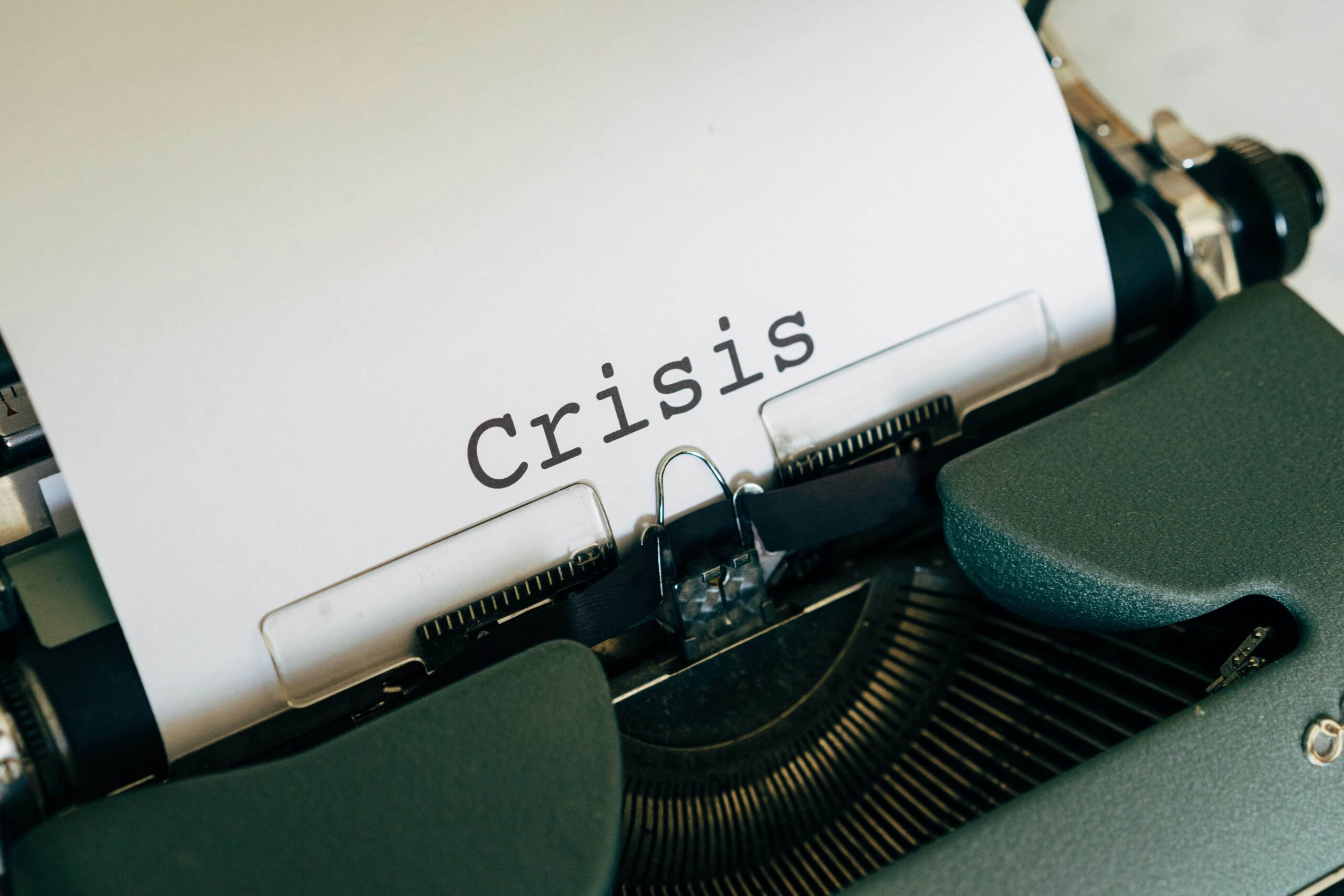
*Sensitive content. Please note that this article may be triggering to some. If you need help please reach out, there are resources listed at the bottom of this page. If you are seriously worried about yourself or a loved one, you can visit your nearest A&E, or call 999 in an emergency.
During a mental health crisis, you will need help urgently and immediately. Feelings of distress, anxiety and depression alongside panic attacks, suicidal thoughts and thoughts of self-harm are normal when in a mental health crisis.
It is essential to remember that you do not need to face it alone.
We are going to highlight the ways that you can identify if you are in a mental health crisis, and how to get help.
Going through a mental health crisis may feel like you are not able to cope with the pressures of life. You will also likely feel helpless, scared, and need support.
A mental health crisis can happen to anyone, you may feel one or more of the below experiences in a crisis:
There are a number of reasons as to why someone may be in crisis, the below are some of the main reasons:
Having or witnessing a mental health crisis can be scary, but it is important to ask for help as soon as possible.
If you, or a loved one, is in immediate danger you should call 999 or go to A&E.
If you or your loved one are not in any immediate danger, you can follow the below steps, as advised by the NHS:
It is worth remembering that when you are in crisis, you may not be well enough to make decisions about your treatment.
If your safety, or the safety of your loved ones, is at risk then you may be detained under the Mental Health Act. Being admitted to hospital can be scary, you can read more about the process of being sectioned here.
We also know how intimidating it can be to reach out for help – you are doing the right thing by reaching out for support.
We hope the information that we have provided helps you feel supported.
If you are waiting for a diagnosis, you can read about what to do while waiting for a diagnosis here.
Connect with us on social media – you can find us on Facebook, Twitter, LinkedIn or Instagram.
https://www.nhs.uk/nhs-services/mental-health-services/where-to-get-urgent-help-for-mental-health/
https://www.mentalhealth.org.uk/explore-mental-health/a-z-topics/crisis-care
Image by Markus Winkler on Unsplash.